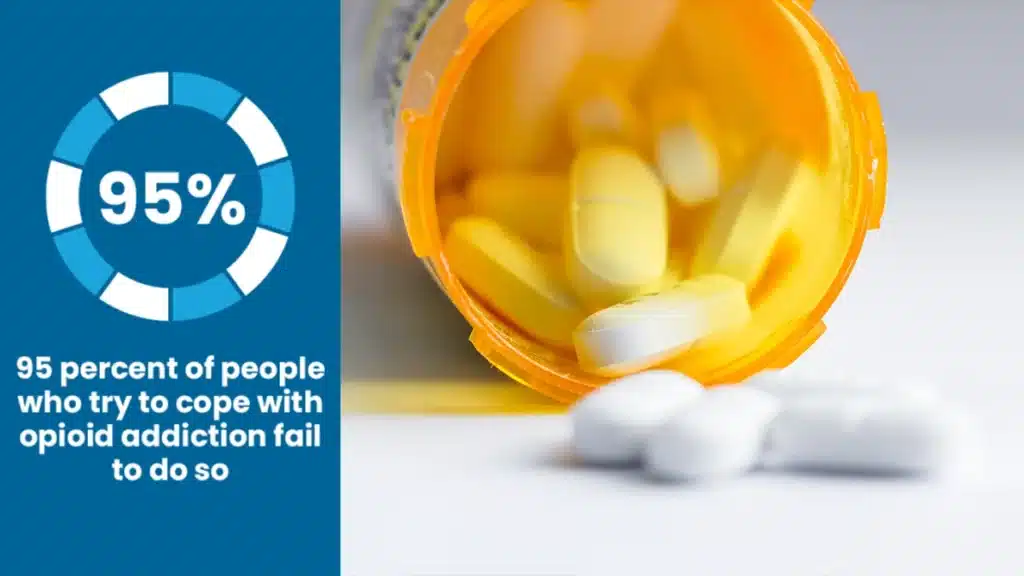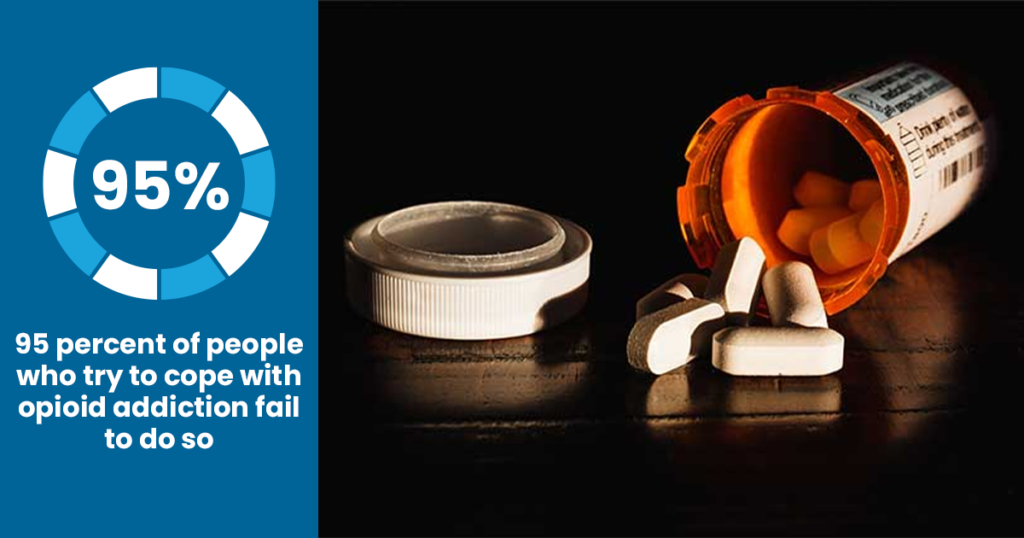When an individual goes through challenging life circumstances, they may feel relief from the drug use. Whether you are prone to prescription medications, opiates, alcohol, or a combination of drugs, the first step in recovery is to get a medically administered inpatient detox.
Each drug has different withdrawal symptoms and different tendencies for each person. Medical detox helps prep the patient for smooth substance abuse recovery.
Medical supervision is crucial to recovery from detoxification against harmful substances, making your body free from toxins. A detox is catered by medical professionals so that components of the drug are safely removed from your body.
A detox process helps against such problems of an alcohol use disorder and heroin. It allows you to get ready for rehab against opioid addiction, which has become an epidemic in the United States. Easing down your withdrawal symptoms is the best part of a detox program. With less of the drug present in your system, the less severe the symptoms and cravings will be during recovery. Addiction is a chronic disease that has ramifications on health physically and physiologically.
All the changes to brain chemistry and neurotransmitters that lead to drug abuse can be reversed with treatment beginning with detox. Patients will be provided with extensive outcomes in a safe and controlled environment. Whether these are opioid drugs or other combinations of chemicals, you can get help from us.

Inpatient Detox for Drugs
A detoxification process helps you with other underlying medical conditions as well. Addiction treatment with the help of medication can become much more manageable. A drug detox program involves a short-term solution, and you require further intervention to make the addiction treatment a success.
Most Commonly Abused Drugs That Require Detox
The drugs that make you prone to severe health diseases also compromise your ability to meet the deadlines of your daily routine and ruin the relationships you need to make the recovery process. Detox can make the initial stages of recovery much easier to manage. Below are a few of the most common drugs that people become addicted to and require medical detox.
Opioids
- Fentanyl
- Oxycodone
- Codeine
- Heroin
- Morphine
Benzodiazepines
- Lorazepam
- Diazepam
- Alprazolam
Alcohol
Alcohol is one of the mind-altering substances it is widely consumed across the world. It is not often considered a drug but a depressant substance used to cope with distress and feel euphoria. The easy access to alcohol and its euphoric feel make it highly addictive.
Around 12 percent of the population in the USA goes through alcohol use disorder. Alcohol abuse creates health problems that can be irreversible, and it can negatively impact your relationships with friends and family.
Opioids Addiction
Opioids are commonly used as pain killers prescribed after an injury or major surgery to manage pain, such as Vicodin, morphine, heroin, and fentanyl. Unfortunately, these are all highly addictive medications. From daily use to opioid abuse, it becomes a condition for which you need treatment.
Medicine Used In Detox
Various drug detox options are available to cater to every patient’s unique needs. The FDA has licensed Narcan, methadone, and buprenorphine for use during drug detox to ease the withdrawal and handle emergencies.
Opiate addiction treatment with these drugs assists in easing the withdrawal symptoms. Before being weaned off of it, it keeps the patient stable and prevents the onset of new symptoms.
People who are addicted to heroin, for example, may have a more challenging time overcoming their addiction. Once the medication is stopped, the patient will be tapered off one dose at a time. Depending on the type of opioid, withdrawal symptoms might linger for a long or short time. Whether heroin or another opiate is preferred, inpatient therapy or medicine can provide the best level of comfort and safety.
Professional Drug Detox is Necessary if You Are Serious About Quitting Drugs
You may experience withdrawal symptoms in various ways if you’ve been abusing drugs and suddenly quit. This is precisely what stops so many people from staying away from the substance after quitting. Seeking professional help makes a significant difference in the process and increases your chances of living a healthy life.
Medical professionals can provide a good road map toward a successful long-term recovery. A detox process can pave the path to recovery, whether your addiction is related to prescription drugs or other opiates.

Frequently Asked Questions
Can you detox your body while on medication?
During detox, doctors will often prescribe medication that helps during the painful process of withdrawal.
What are the first steps to detox?
One of the very first steps in the detox process is meeting with a medical professional who can run tests and assess your situation accurately to provide adequately for your condition.
What is the detox process?
It is a safe way to help you recover from the psychoactive influence of a substance or a drug by purging out and allowing you to recover from the withdrawal symptoms under medical supervision.
What is the importance of detoxification in the treatment of drug abuse?
A detox program is a pivotal part of treatment as it eases down the withdrawal symptoms and keeps you prepared for the medical intervention of the treatment.
The Haven Can Provide a Safe and Effective Detox Process
Detoxification therapies are available at Haven for those suffering from an addiction to drugs or alcohol. You must go through our inpatient detox to prepare for treatment properly and ease the feeling of withdrawal.
People with co-occurring diseases can benefit from specialized therapies and treatment plans tailored to their needs. Our detox treatment is specifically designed to help you ease down with withdrawal symptoms and prepare for treatment. To avoid relapse and recover, you or a loved one may benefit from our aftercare programs at The Haven.
Do not hesitate to contact us if you are interested in learning more about our drug detox program and how we can help you begin your journey to recovery. Call (561)-3288-627 today.






